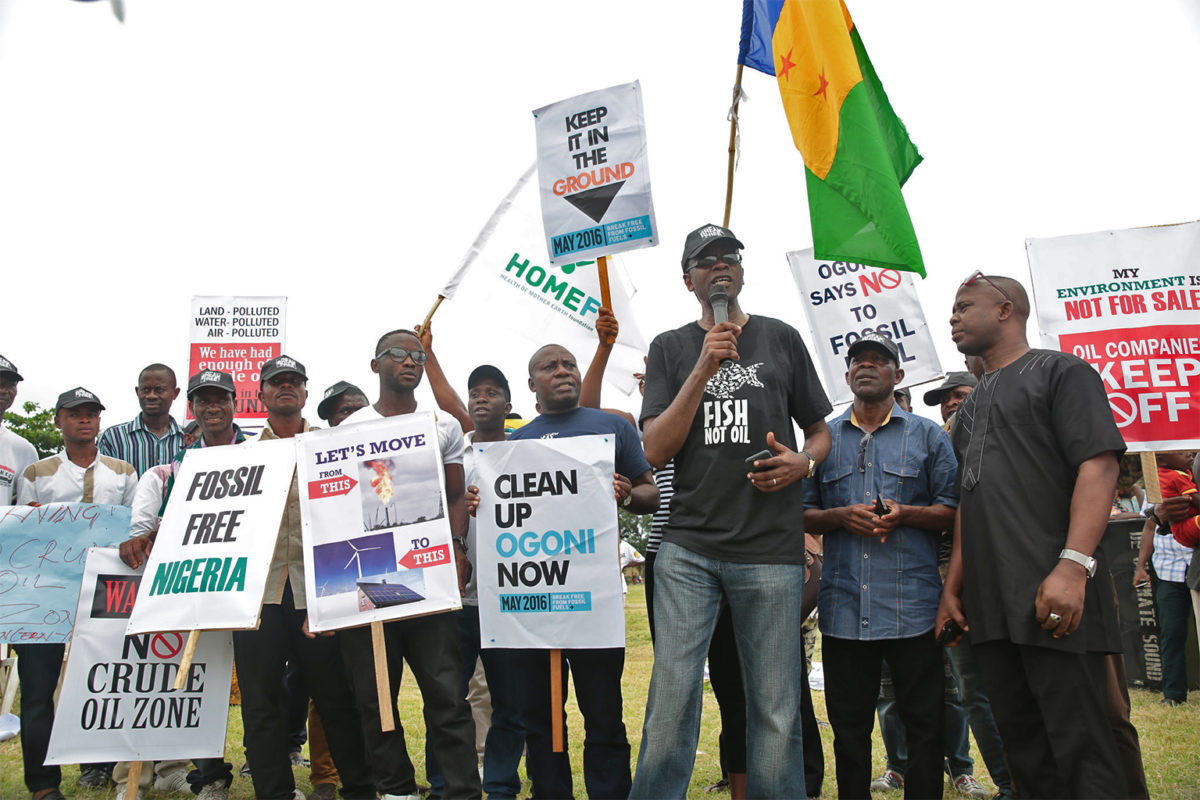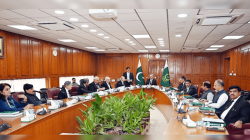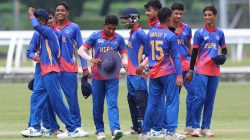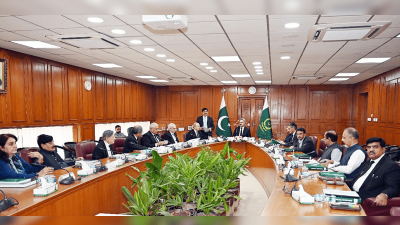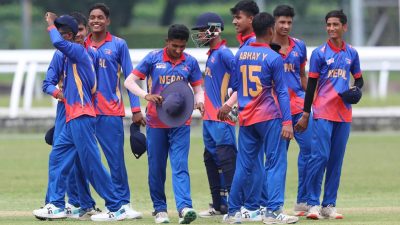By Isaac Arkoh
Ewoyaa (C/R), July 1, GNA – Nana Mbronu Edu IX, Chief of Ewoyaa, has implored President John Dramani Mahama and Parliament to urgently ratify the exploration agreement with Atlantic Lithium Company, a crucial step to safeguard the Ewoyaa Lithium Project and the community’s future.
He said expedited ratification would restore investor confidence, provide economic relief, and avert further social and economic adversity in Ewoyaa and its neighbouring regions.
Parliament is yet to ratify the 15-year mining lease granted in October 2023, causing uncertainty and forcing the company to slow exploration and construction activities.
This delay is partly due to lawmakers seeking broader consultations to avoid past mistakes with mining approvals.
In an interview with the Ghana News Agency at a community forum on Lithium, he underscored the acute economic, social, and agricultural challenges engendered by the protracted delay in ratification.
He noted that the project promised substantial employment opportunities and significant local development.
However, the current impasse had already precipitated job losses and instilled uncertainty among the youth trained in mining skills, exacerbating poverty within the community.
He said the process had induced considerable distress and posed a threat of social unrest, as livelihoods dependent on agriculture had been disrupted by uncertainties.
Hundreds of smallholder farmers and property owners, he pointed out, remained in limbo regarding the resumption of farming and construction activities, thus deepening the hardships faced in the area.
“Our people have endured this predicament long enough; the land that sustains us lies fallow, our youth are without employment, and hope is dwindling.
“We implore the government and Parliament to act expeditiously, for the future of Ewoyaa hinges on the advancement of this project without further delay,” he declared.
The forum was organised by the Northern Patriots in Research and Advocacy (NORPRA) as part of the Increasing Renewable Energy Investments for the Empowerment of Women in Sustainable Agriculture and Lithium Mining in West Africa (IREEWAM) project.
Funded by the Africa Centre for Energy Policy (ACEP), the forum was on the theme: “The Ewoyaa Lithium Mining Project: Community Development Priorities and Opportunities for Women’s Participation and Empowerment for Sustainable Livelihoods.”
NORPRA is committed to fostering transparent and accountable governance of natural resources, enlightening the communities about the regulatory frameworks governing mining in Ghana.
Nana Mbronu Edu emphasised the need for the community to receive a fair and equitable share of the mineral wealth generated from lithium mining operations.
Such resources, he advocated, should be strategically invested in vital sectors such as commercial agriculture, agro-industrialisation, and essential social infrastructure, particularly schools, hospitals, roads, markets, and community centres.
Leveraging the mineral wealth to enhance agricultural productivity would create jobs, bolster food security, and invigorate the local economy.
It would also equip the youth with the requisite skills and knowledge necessary to engage meaningfully in the mining sector, which is predominantly controlled by foreign entities.
During the forum, Nana Esi Edisiwaah, the Queen Mother of Ewoyaa, called for the establishment of a modern market within the proposed resettlement site to empower women traders and enhance their livelihoods.
Such a facility, she asserted, would provide women with a safer, more organised environment to conduct their businesses, thereby boosting economic opportunities and improving living standards for numerous families reliant on trading activities.
The establishment of a modern market aligns with broader initiatives aimed at economically empowering women, ensuring they had access to superior facilities, sanitation, and security.
Other residents of Ewoyaa, including Madam Ama Mary, called for urgent support for farmers, many of whom were women and impoverished, who had been unable to cultivate their lands due to the mining lease and exploration activities.
Madam Vida Arthur cautioned that the ongoing situation was compelling community members, particularly the youth, to migrate to illegal mining areas, thereby jeopardising their safety.
Madam Maame Ama appealed for a school bus to facilitate transportation for children to Saltpond, as disruptions caused by exploration and land use changes had impeded access to education.
This reflects the broader challenges concerning social infrastructure faced by the community in light of mining developments.
Mr Kobina Benning highlighted the pressing need for employment opportunities, agro-processing industries, and skills training programs for the youth to avert migration and economic decline.
He stressed that without these interventions, the community’s future remained grim.
Many others expressed concerns regarding displacement, inadequate compensation, loss of farmland, environmental degradation, and the absence of clear resettlement plans.
They demanded fair compensation, alternative livelihoods, and community development initiatives to ensure that the lithium mining project benefitted them.
The community fears that without proper engagement and support, their ancestral lands, homes, and biodiversity will be irrevocably lost.
Mr Bismark Adongo Ayorogo, Executive Director of NORPRA, noted that Ghana’s mining laws and policies mandated sustainable development, fair compensation, local economic participation, and social amenities for mining-affected communities.
However, challenges persist in community awareness and equitable benefit sharing.
He emphasized that Ghana’s Minerals and Mining Policy explicitly required sustainable livelihood programmes to be integrated into mining planning, safeguarding landowners’ rights and ensuring equitable sharing of mineral wealth.
He highlighted the Minerals Development Fund Act, which financially supports mining communities through a dedicated development scheme.
Despite these legal frameworks, NORPRA expressed concern that many community members, particularly women, were unaware of their rights beyond compensation, Free, Prior, and Informed Consent (FPIC), and resettlement.
This lack of awareness, he stated, had contributed to persistent poverty and hunger in mineral-rich communities, disproportionately affecting vulnerable groups such as women, youth, and persons with disabilities.
GNA
Edited by Alice Tettey/Christian Akorlie
Provided by SyndiGate Media Inc. (
Syndigate.info
).

